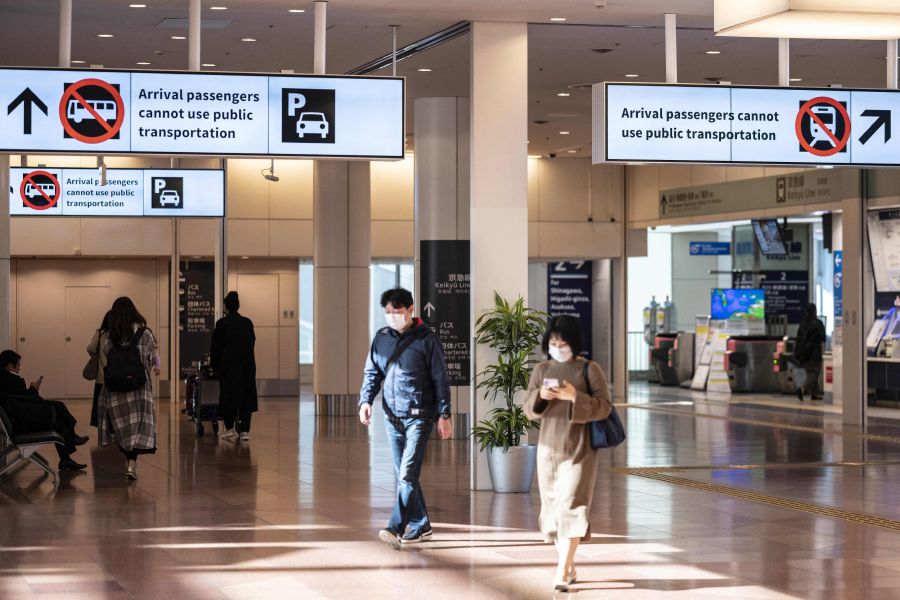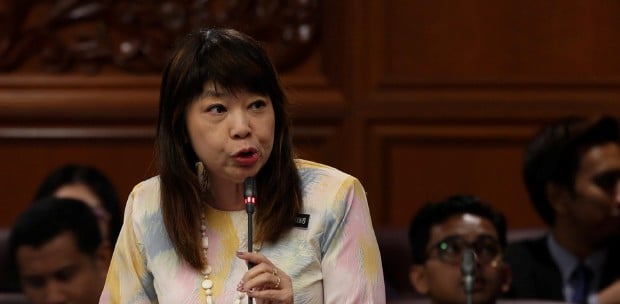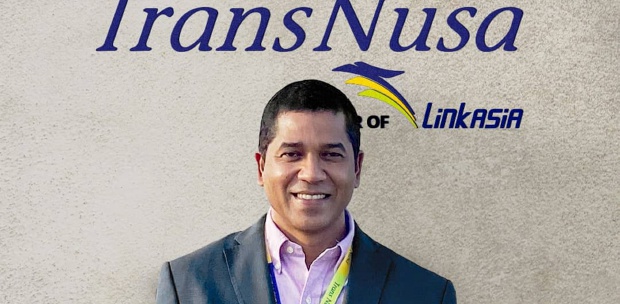BUSINESS travellers returning to Japan are now complaining about the complicated application procedures and impractical rules under the eased entry conditions.
Earlier this month, the Japanese government had shortened the self-quarantine period for fully vaccinated business travellers from 10 days to three days but complaints have been mounting since then.
Japan Transport and Tourism Research Institute senior director of international affairs Teruki Yamada said the relaxed restrictions failed to bring benefits and called for a review of the system.
According to a Kyodo News report, employers of returning travellers must submit four to five kinds of documents, such as application forms, written pledges and the travellers' itineraries after their arrivals.
Government ministries and agencies overseeing the process will then screen the documents and the health ministry's website says it may take about three weeks before the screening process is completed.
The companies are also required to provide detailed information about the plans of the employees' daily activities after their arrivals, including their workplaces and dinner party venues as well as means of transportation.
"It's difficult to decide on the details of all those plans three weeks in advance," said a person associated with a major transportation company.
"Such complicated paperwork places a heavy burden on us."
Employers also need to send officials to airports to pick up the arrivals each time.
The initial reason for this was to check if the travellers have installed a smartphone app used to monitor their movements after landing in Japan.
The government later exempted businesses from sending officials to airports for that purpose, if they could provide screen shots and other images to prove that the travellers have installed the app.
Before the exemption was made, companies with many employees returning from abroad complained that they needed to station officials at airports to comply with the rules.
Other complaints include freedom of movement after the three days of self-quarantine.
They can only board Shinkansen bullet trains and airplanes, where they can reserve seats, and are prohibited from using public trains or buses.
When they go to their companies, they are supposed to work in a private room as much as possible.
"Only those in top management can follow such measures," said a Tokyo-based real estate company employee who plans to soon leave on an overseas business trip.
If the retuning employees join a dinner party necessary for their work, their employers must check on the health conditions of all attendees for the following 10 days.
According to the Kyodo report, companies are criticising the government for forcing their pandemic-related responsibilities onto businesses.
The health ministry is now working to cut the red tape by reducing the number of documents needed but maintains that relaxed restrictions must not lead to a higher risk of spreading the virus brought into the country.





